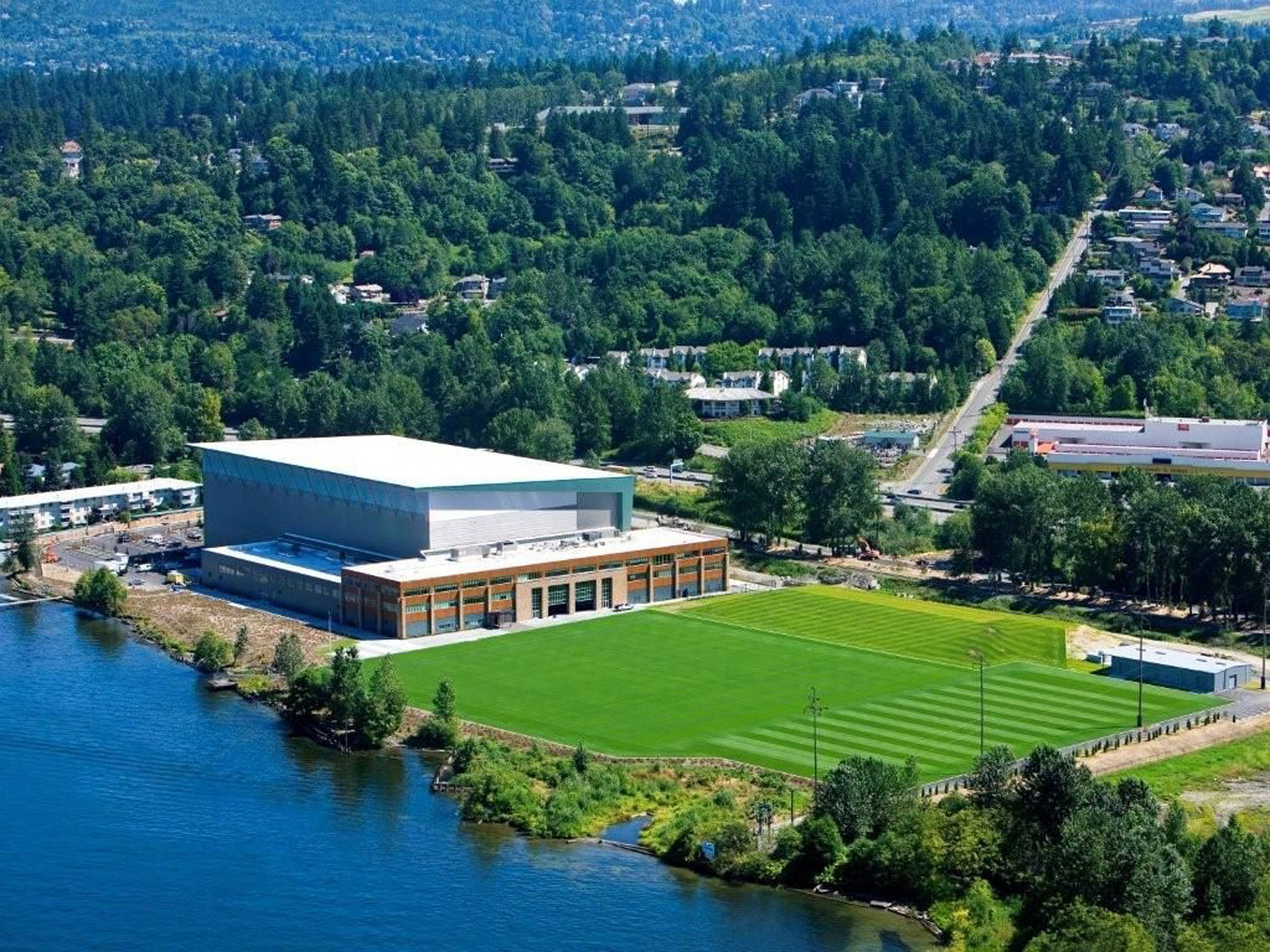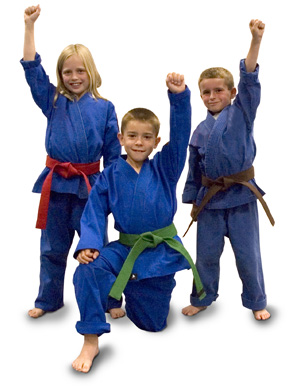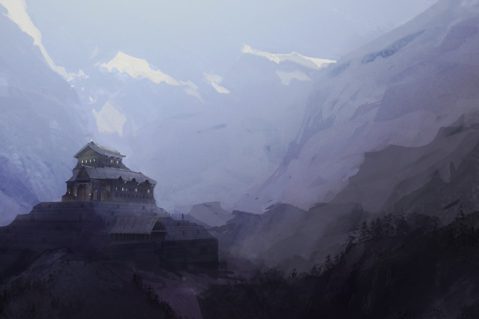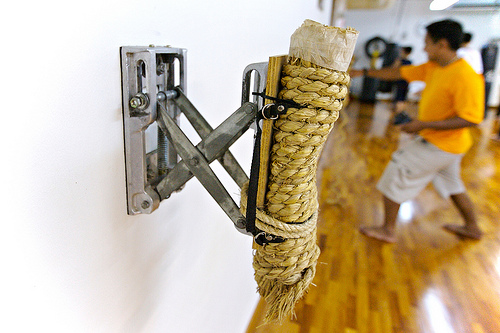You know what I can’t stand?
People who are trapped in boxes.
Squeezed into these tiny compartments – boxes – that safely disassociate them from everything in the big wide world that contradicts their own views on what’s “wrong” and what’s “right”, these people are often very tiny and angry, perhaps from the lack of space in their respective boxes.
It is safe to say that Karate has many of these people.
Stuck in their tiny Karate boxes.
You can say pretty much anything you want to them, but they will always have a counter argument ready. It is a conditioned reflex that they all have, hardened by years of blindly following a certain dogma, often set forth by somebody on a picture hanging on the wall. You can have as much proof as you want, as much evidence as you can gather, but it will be of no use. In their eyes, it is invisible.
Because the majority of the modern world of Karate is plagued by dogma.
People cling to other people’s ideas with almost religious-like zeal, defending even the most ridiculous theories, training methods and philosophies because not doing so equals defeat. On their part. Or at least so they believe.
The box needs to be “defended” at all costs.
And we all know what the end-result is: unnecessary acrimony over what are ultimately minutiae in the neverending journey towards the ultimate goal of Karate.
Because to me, we are all one.
And the minute you start defending your box, you are in fact essentially not recognizing that there might be other boxes out there, with other people in them. Some of those might even be bigger than yours! Or just different. And they all need to be opened.
To me, all boxes are spread out over a big mountain.
Mt. Karate.
But to some people, the mountain is inside their box.
“Obviously.”
And if you propose otherwise, well, before you know it you are suddenly ensnared by your own words in a childish mess over whose box is the “best”, the “original” box, the “biggest” box, the “only” box and so on, with words like respect, loyalty and tradition being (mis)used all over the place.
As an example, imagine that there are two teams.
Two Karate teams, to be exact, that will have to fight each other in a death match. Scary huh? Well, you will need to guess the winner.
To make it easier for you to choose, let me tell you something briefly about each team, and we’ll see who you choose as the winning team by the end of the post, okay?
Team One:
Team one consists of many strange characters. Most of them have a mustache, for some reason. They were all brought up in a poverty-stricken society, and most of their childhoods consisted of successfully running away from bullies, those fortunate times when they weren’t actually beaten up. Danger lurked around every corner.
Most of the members of team one were sick and frail as kids, and in today’s society they would probably have been taken away from their parents. The members of team one had, in one sentence; a rough life.
The result, of course, is the same as for anyoe who has had a rough childhood.
Serious personal issues.
Many members of team one have both physical (broken leg) and mental (broken childhood) injuries. For instance, some of them were give away to other families when they were kids, got to see their best friends and students killed and even revolted against their families by cutting their topknots off.
Many of them even got to see their children dead before they died themselves, leading to depression, poor diet and exercise habits that no doctor today would allow.
Perhaps I should mention that some of them had frequent contacts with criminals too. And geishas (sic).
But they all trained Karate.
At least during their childhood.
Later in life they mainly just sat on a chair and pointed with their fingers.
Most of them actually trained outside in the dirt, at night, coincidentally during a human being’s most important time for recovery (sleep). And when they didn’t train, they liked to challenge people to fights in some shady red-light district of their town, to see if their techniques really worked
Later on in life, many of the members in team one were stressed out.
Some even stopped Karate, for personal reasons.
Now, let’s look at team two.
Team Two:
Team two grew up with a totally opposite economical, sociological, emotional and cultural framework. If you come up with any other word that ends in “-al”, just throw it in there.
Team two frequently travels the world, happily spreading, sharing and gaining knowledge about the martial arts in general and Karate in particular, meeting all kinds of fun and interesting people everywhere. They often produce books and DVD’s, teaching people about their ongoing process in climbing Mt. Karate.
Some of them actually eat a little too much, a habit they have had their whole lives, growing up under such great socio-economical conditions that their modern society has provided. No frail, underfed, individuals here, nope!
And they all train.
Inside, in very fancy facilities with tons of cool equipment. Not only Karate, but cross-training in MMA, Submission Wrestling, BJJ, Boxing etc. is nothing strange. Strength training too.
It’s not because they believe Karate is a lesser form of martial arts, but because they want to expand their knowledge into areas that Karate doesn’t touch in the wide spectrum of the whole “combat game”.
Because knowledge is power.
Team one rarely did anything like this. Their culture strongly opposes it.
And sure, many members of team two used to compete heavily in their younger days, fighting all around the country/world but most of them have now left that area of Karate, choosing to engage in ongoing research about the lost “secrets” of original Karate and bunkai instead.
Most of the people in team one are used to train children and youngsters.
Most of the people in team two are used to train with adults.
Enough said.
Now you choose.
If team one had to fight team two, who would you bet your money on? Huh? No, better yet, if you had to join one team in a fight to death, which team would you join?
Team one, or team two?
The old, or the new?
Karate masters WW2 and before, or modern day Karate masters?
Team one, or team two?
It is interesting to note that many people would probably choose old Karate masters like Funakoshi Gichin, Chojun Miyagi, Taira Shinken, Mabuni Kenwa etc. over our modern Karate/bunkai/self-defense experts if they hadn’t seen the comparison between team one (old Karate masters) and team two (modern day Karate masters), simply because… because… well, they don’t really know why themselves.
It’s ridiculous.
Why?
Because they are stuck in their boxes, of course.
And in their boxes… evolution doesn’t exist.
Today’s masters of Karate have developed and built something that our old beloved pioneers could never imagine. A worldwide, continually expanding, network of Karate knowledge and wisdom, based upon the cornerstones laid by people from team one. The updated scientific knowledge, equipment and training methods that we have today are like from another planet.
So, when I ask you who would win between team one and team two in a fight to death, I am basically asking you who would win between the five-year-old yourself and the current yourself.
Between an infant, and an adult?
Between something in its cradle, and its evolution?
If you can’t answer that question, or if you think team one will win the deathmatch, feel free to just crawl back into your box and stay there. And keep words like respect, loyalty and tradition to yourself, because they have nothing to do with this. Karate is not about deathmatches. It’s not even about who’s the “best”.
This is facts.
If you really need to use the word respect, begin by respecting yourself. Loyalty? Be loyal to the goal, not the method. Tradition? Start by actually walking in the footsteps of tradition, don’t just stand in them. And make sure you walk in the right direction. And most importantly, keep going when they stop.
Let’s recognize the developmental process of Karate.
It’s a part of evolution, you know.
Or else our beloved historical pioneers did it all for nothing.




56 Comments